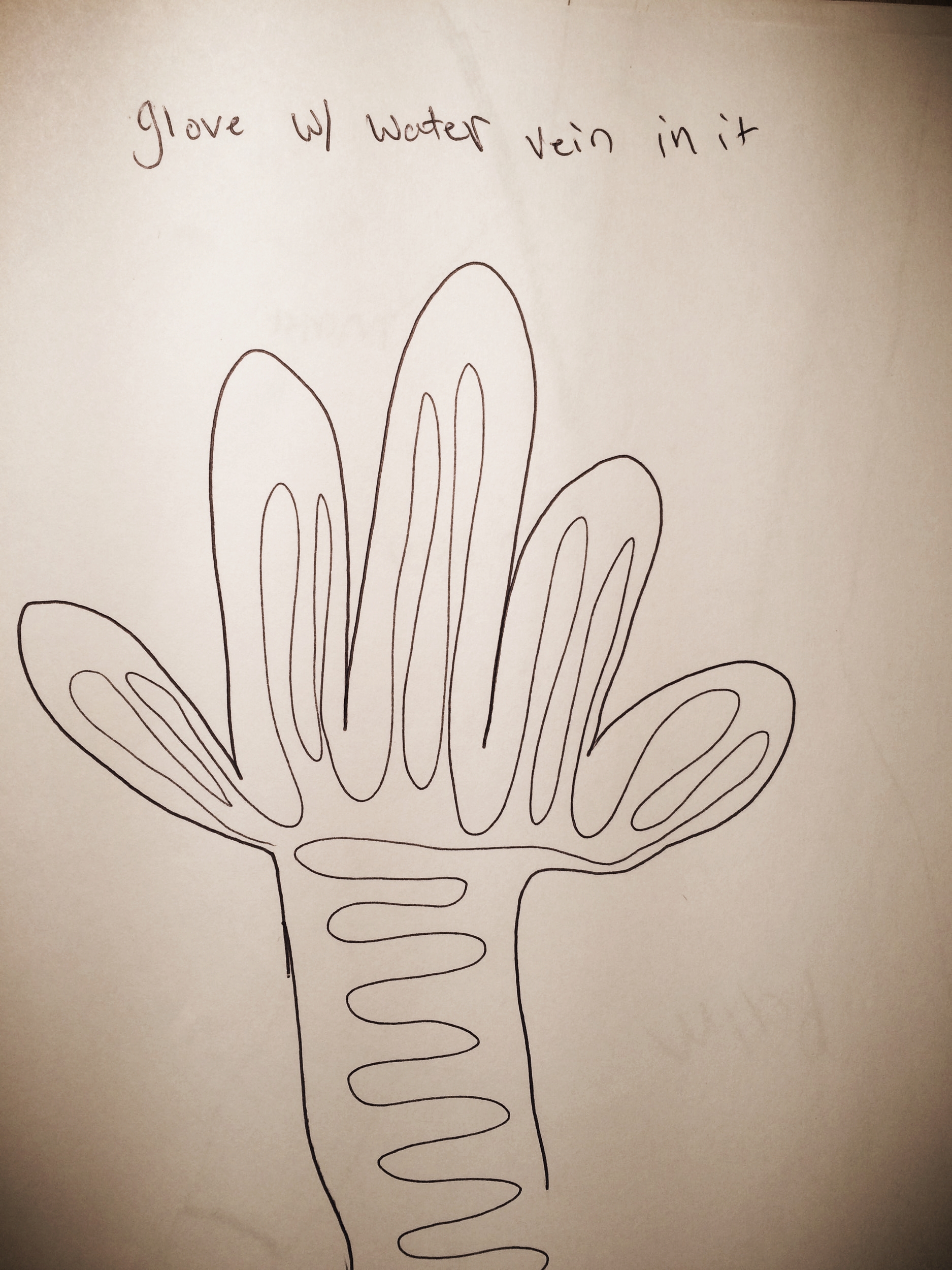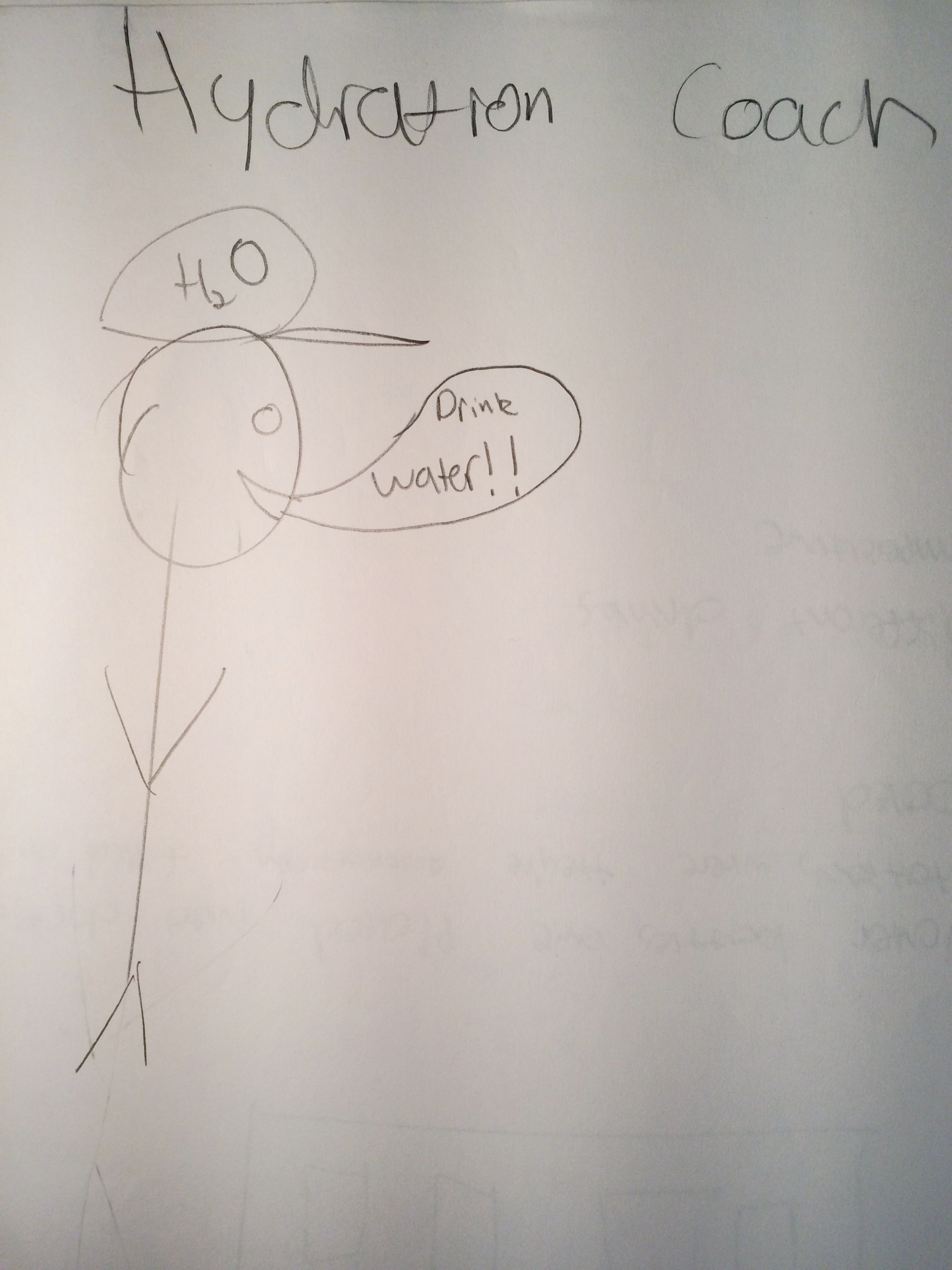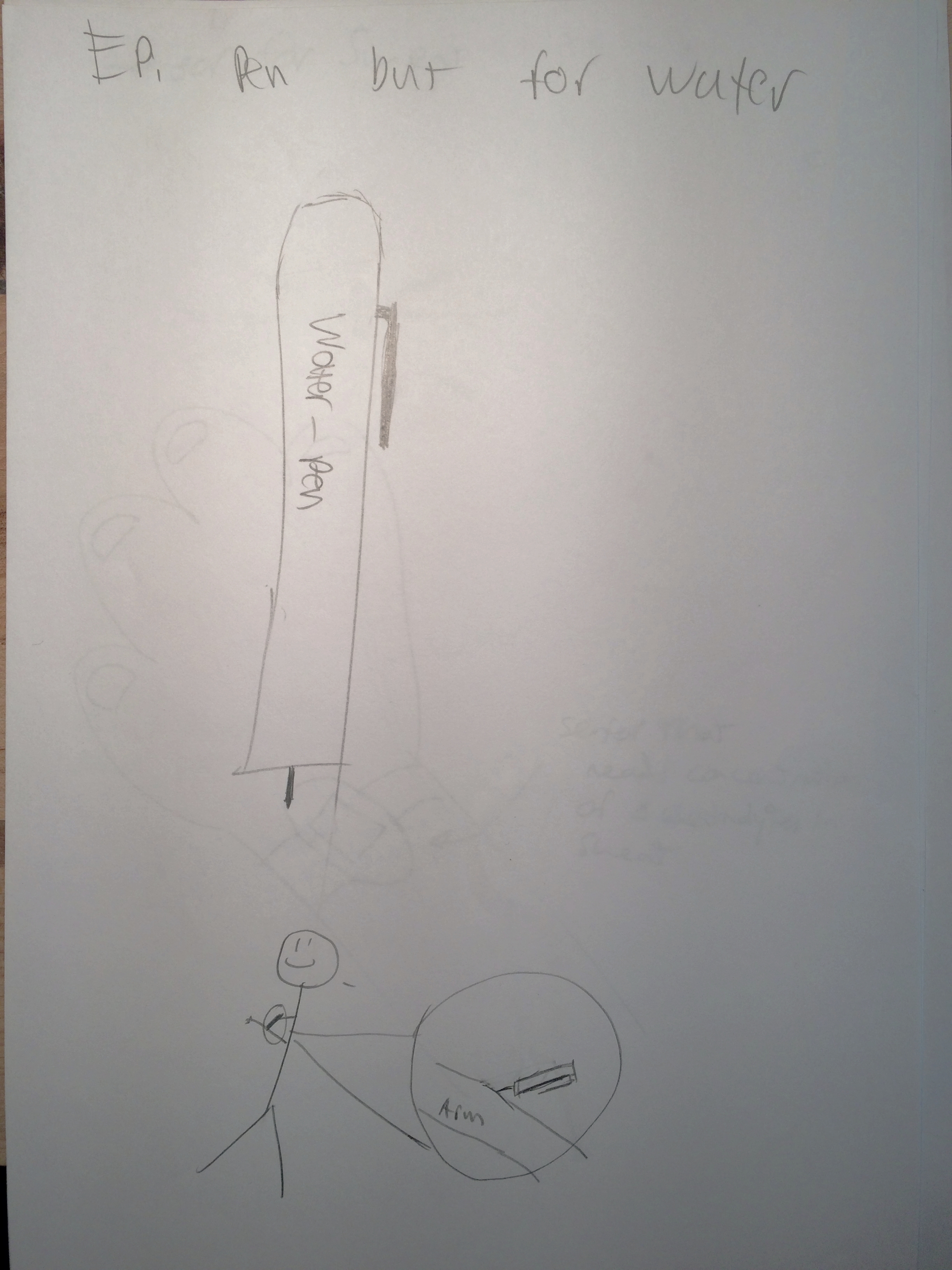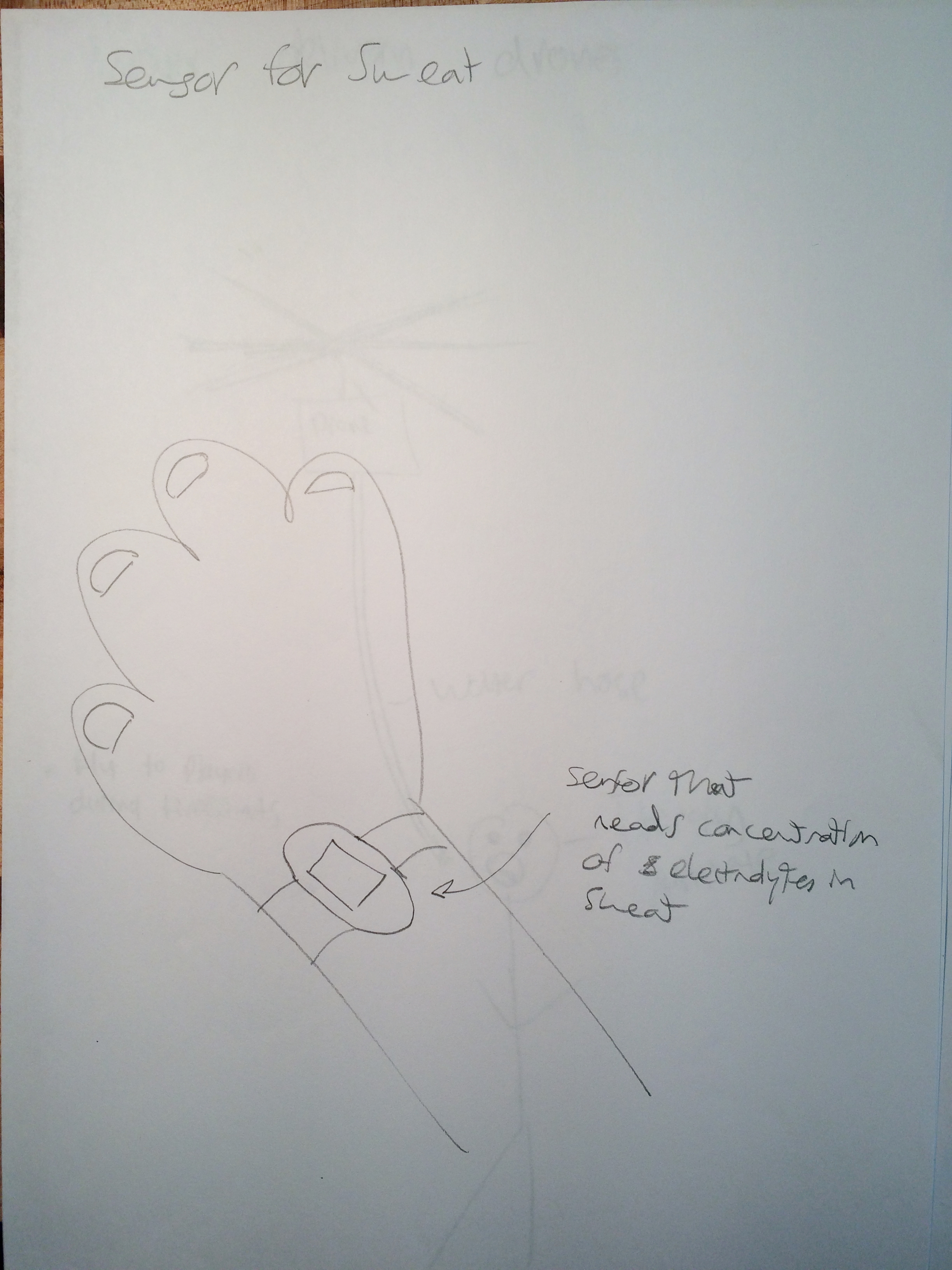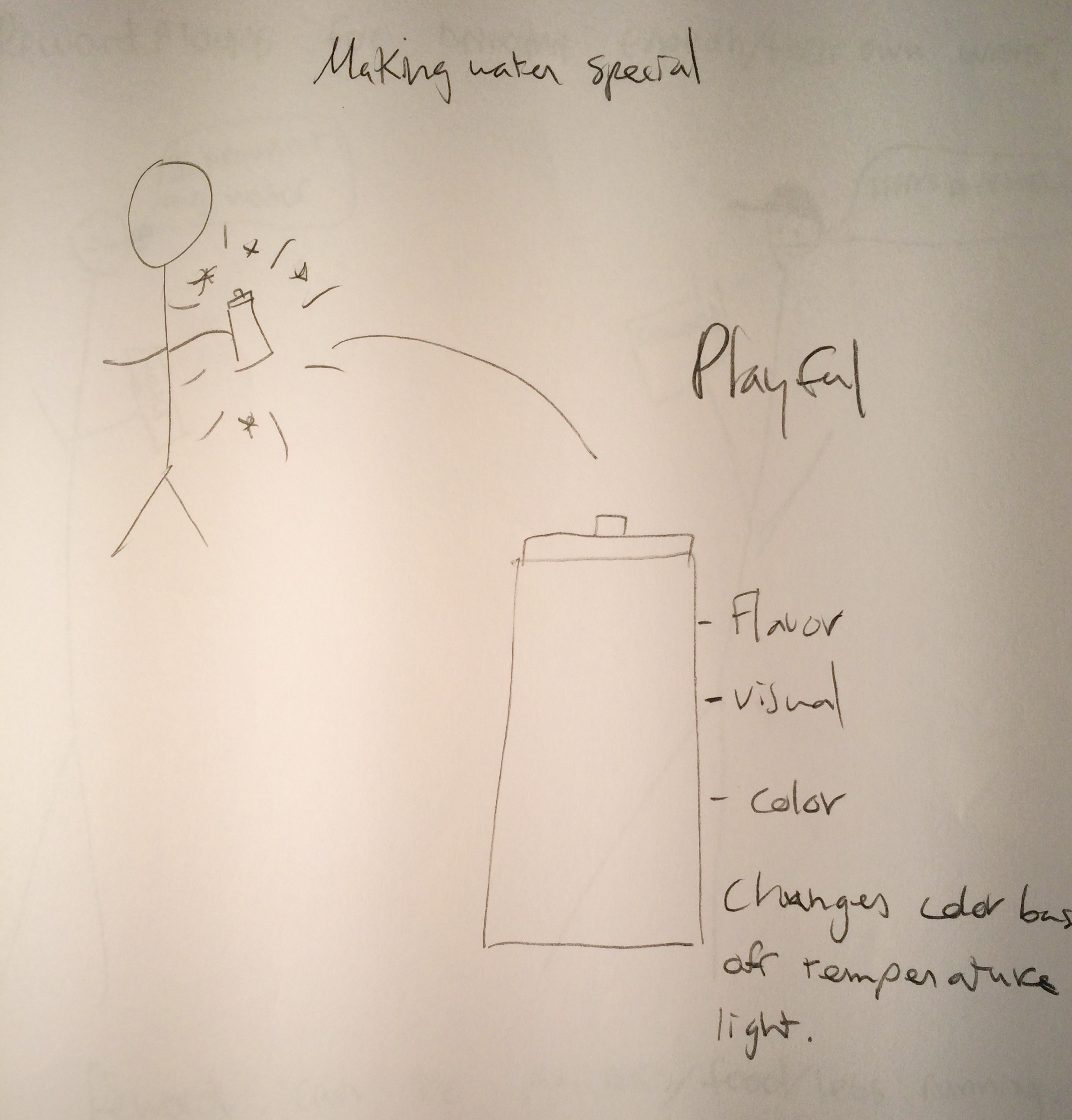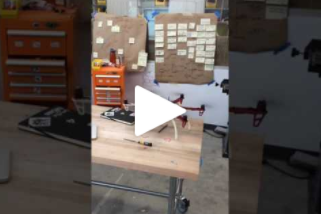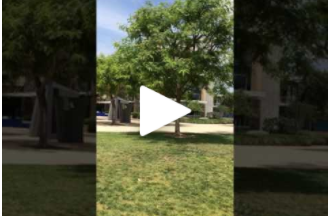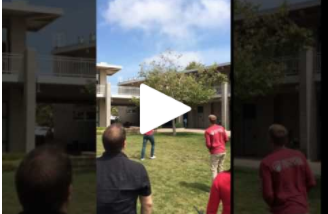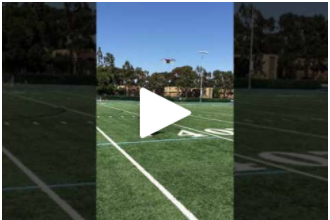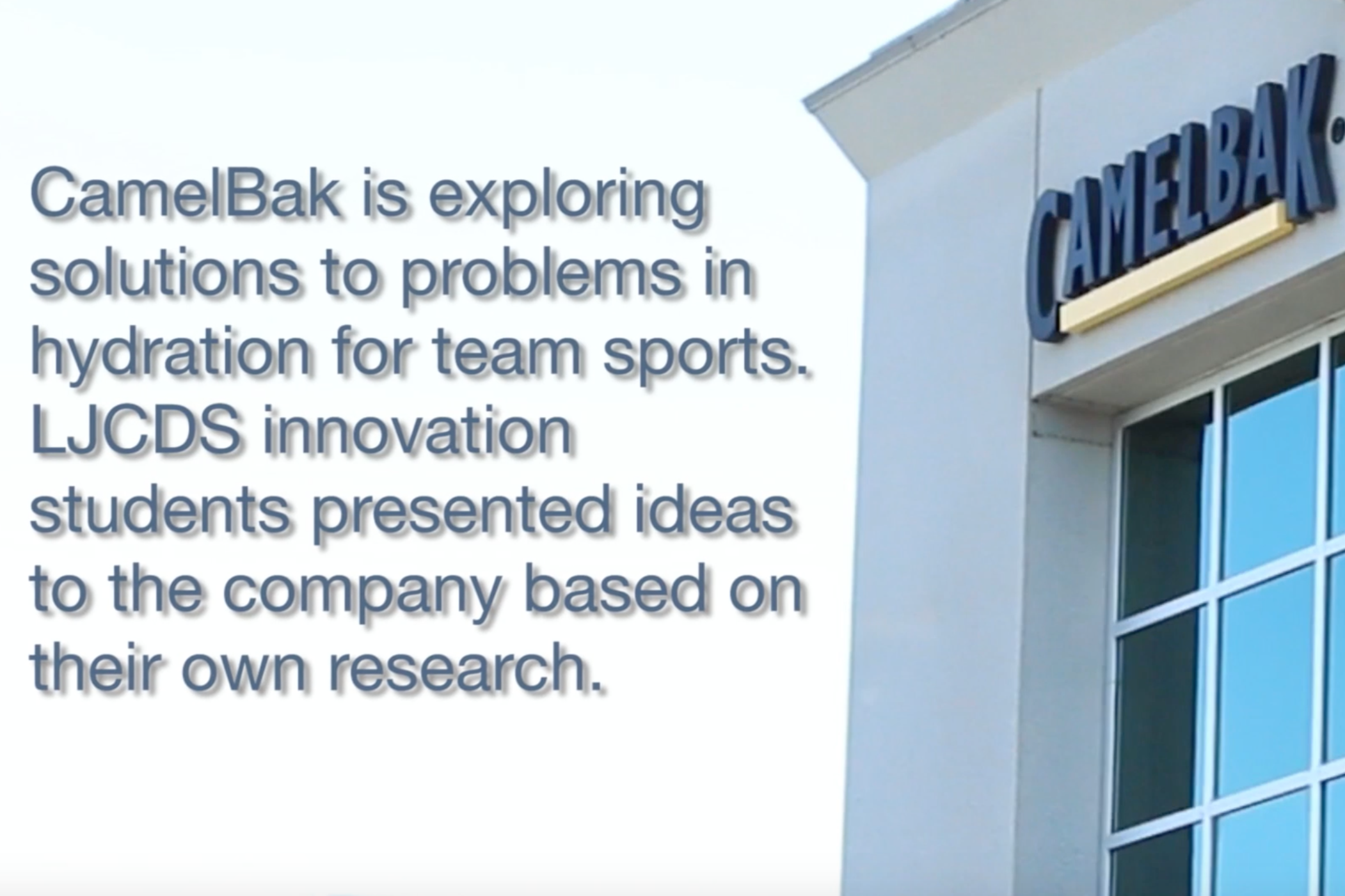“We are hydrating the sidelines, instead of the players on the field”
Background
The 2015-2016 Design & Innovation classes worked with CamelBak, an outdoor equipment company, throughout the year on design projects.
Read More...
Working with the Lead Industrial Designer from CamelBak, the students were given the broad topic of "Hydration in Team Sports."
Choosing a design area
One team, made up of three seniors, decided to focus on two particular aspects of team hydration: the timing of hydration, and the sidelines during competitions.
Read More...
Timing
- Starting the day of an athletic event, when does hydration actually occur?
- How much time does hydration take throughout the day?
- Is practice different than competitions?
Sideline
- What are the starters (active players) doing when they come off the field?
- What are the subs (inactive players) doing?
- Where does the water come from and where is it located?
Ethnographic (in-context) research
Students go out to the locations in which their activity takes place and they observe and interview real users.
Read More...
Analysis & Insights
The team identified a handful of trends that were not initially obvious.
Read More...
- Correlation between talent, work ethic and hydration habits
- Varies across sports (e.g. emphasized in cross country)
- Viewed as important, yet behavior does not back this up
- Water that is provided is always used
- Requires work before athletic event
- Lack of hydration education in high school athletes
Feedback from stakeholders
The class presented their research and analysis via video conference to the CamelBak team.
Read More...
The Lead Industrial Designer, William Gordon, and his team offered students critiques and suggestions on how to improve and implement their ideas.
Ideation sketches
Each group was required to develop numerous ideas for each problem statement they generated.
Read More...
These pictures show a variety of sketches addressing problem statements the Hydrone group developed. The sketches include digital, physical and social solutions to challenge the students to think outside of their comfort zone.
Early conceptual prototypes
After some simple evaluation of the sketched ideas, the students created rapid physical prototypes of their ideas.
Read More...
These prototypes are useful conversation starters that were used to get feedback from potential users and interested parties.
Prototypes with increasing fidelity
As they began to hone in on a few solutions, prototypes were developed with more and more realistic features.
Read More...
These videos show the progression of the technical side of the solution (having a drone carry water) as well as the progression of the user experience (how does a user interact with the drone?).
Presentation to stakeholders
The group traveled to Petaluma, CA to show their work to the CamelBak Design team.
Read More...
See the above video for more information on the trip.







